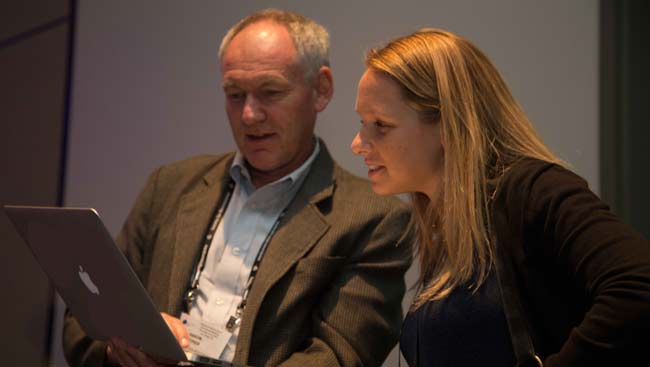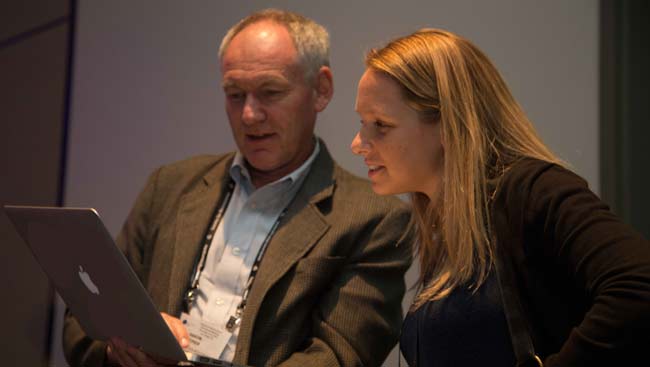
As a journal reviewer, your job is to evaluate manuscripts for scientific rigor, details of the work, figures and data, and effective formatting. To help you effectively carry out these responsibilities, I’ve outlined tips on how to approach the process, what to focus on, and how to communicate — including ways to avoid potential pitfalls.
The Do’s of Peer Review
Read the entire manuscript once before evaluating. This is not a mystery novel. You want to know how it ends before you begin. What are the main points that the authors are trying to make?
Focus on the strengths of their work. Clearly these authors think their finding is important — that's why they've submitted it for publication. What is it that makes the study worthy of publication?
When you make suggestions, frame them in the form of questions, not demands. Everybody responds better to helpful suggestions than they do to critical demands. For example, ask, "Is it possible that an additional interpretation of these findings is …" not, "I think you're completely wrong and I demand that you do this additional control to prove that I'm right.”
Lastly, provide specifics, not vague commentaries. You need to say why. If you think that the work is a trivial advance in the field, why is it a trivial advance? Because we've already known so much about a particular topic and this is only adding a little bit more, or you feel it's just a repeat of previous studies and doesn't really add any value? Sometimes there is hidden value in a study that you might not see, so be kind when calling someone else’s work “trivial” or “incremental.”
The Don’ts of Peer Review
Don't use any inflammatory language. Everybody's a professional. Don't make any personal reference to the authors and avoid exclamation points or an emotional style. Peer review is not an emotional process.
Don't say things like, "I don't believe it" and "I find this unconvincing. I find these results underwhelming or trivial or not important."
Don’t critique every tiny detail. Everybody has their own styles and they're going to take a slightly differently approach. You need to allow the authors to publish the work as they would like to publish it, within reason.
It isn’t professional to insist that the author cite your work unless there's absolutely something completely contradictory about your work that they're overlooking. In that case, perhaps it's appropriate, although you should inform the editor that you are suggesting that they cite your work (but again, that's not your job).
Don't be late. Think of yourself as an author. You work so hard to prepare a manuscript and submit it, and then you have to hurry up and wait. Try to keep the wait as short as possible. It's important to all of us that we get our work out to the public. You are part of that process. Don't be a barrier, but a facilitator.
Then, do not discuss the work with others before it is published. That's part of the sacred trust. Everything is confidential until it is published and accepted in publication.
Adapted from SfN’s webinar, Tricks of the Trade: How to Peer Review a Manuscript, which is available for all members to watch on-demand.









